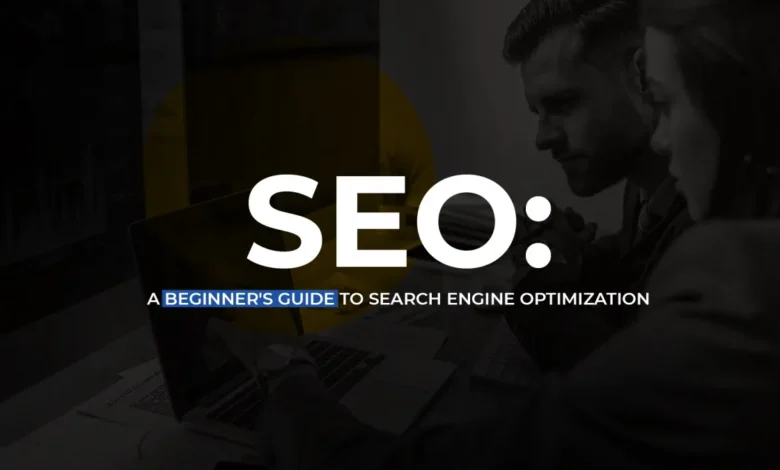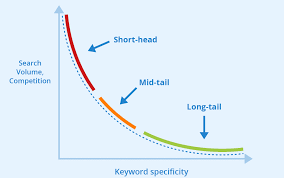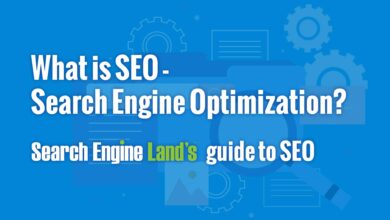The Beginner’s Guide to SEO (Search Engine Optimization)

The Beginner’s Guide to SEO (Search Engine Optimization)
There are billions of web pages on the internet, hundreds of millions of domains, and even more information uploaded every day. How can you stand out from the crowd with your website?
We call this technique “search engine optimization” (SEO). Building a website that search engine algorithms can readily comprehend is the primary goal of SEO. Never forget that a search engine’s objective is to present the data that is most pertinent to the query that a visitor has made.
Comprehending Internet Traffic
The data sent between a website and a user is known as web traffic. The goal of using SEO techniques is to increase a website’s relevant online traffic. “Relevant” is the important word in the sentence. Some webmasters, marketers, and company owners believe that a larger website visitor volume translates into greater results. It’s not.
There may be 5,000 visits to Website A and 10,000 to Website B. However, according to website statistics, only 1,000 of 10,000 visitors to Website B genuinely explore the content, compared to 2,500 of 5,000 visitors to Website A. Because of its efficient SEO, Website A will produce more prospective leads.
Creating Internet Traffic
Although there are several strategies to increase website traffic, they usually revolve around a few main methods. Email marketing, banner ads, and pay-per-click advertising are a few examples of paid traffic creation. The very existence of a website generates natural traffic. An established website may have achieved high search engine rankings over time, indicating to search engines that it contains the content that visitors are searching for.
The term “organic” is used in relation to these styles. To improve search engine ranks, the search engines allow a moderate amount of outside input.
They do not approve of and take action against websites that try to set up unfair circumstances. Since legitimate paid services follow a logical approach, they seem natural. Stay away from working with SEO experts and steer clear of any strategy that promises amazing, quick results.
Knowledge of Algorithms Used in Search Engines
The code that the search engine employs to identify the kind, caliber, and relevancy of material on a website is known as the algorithm. The algorithm is in charge of totaling the results and allocating a website’s SERP, or Search Engine Result Position. (Depending on the context, SERP might also stand for Search Engine Result Page.)
This conclusion is reached by a search engine bot, sometimes referred to as a “crawler,” which counts and evaluates the quantity and quality of links pointing to the material, looks for any potentially harmful behavior, and does a variety of other tasks. They are extremely intricate systems that undergo frequent changes as a result of search engines enforcing new guidelines and taking action against unethical behavior. The above are highlighted in particular because they are steps in the process that a website may actively do to improve its search engine optimization.
Different search engines use different algorithms. Nonetheless, the majority of organizations prioritize Google over all other search engines. Approximately 90% of all web searches are handled by Google.




